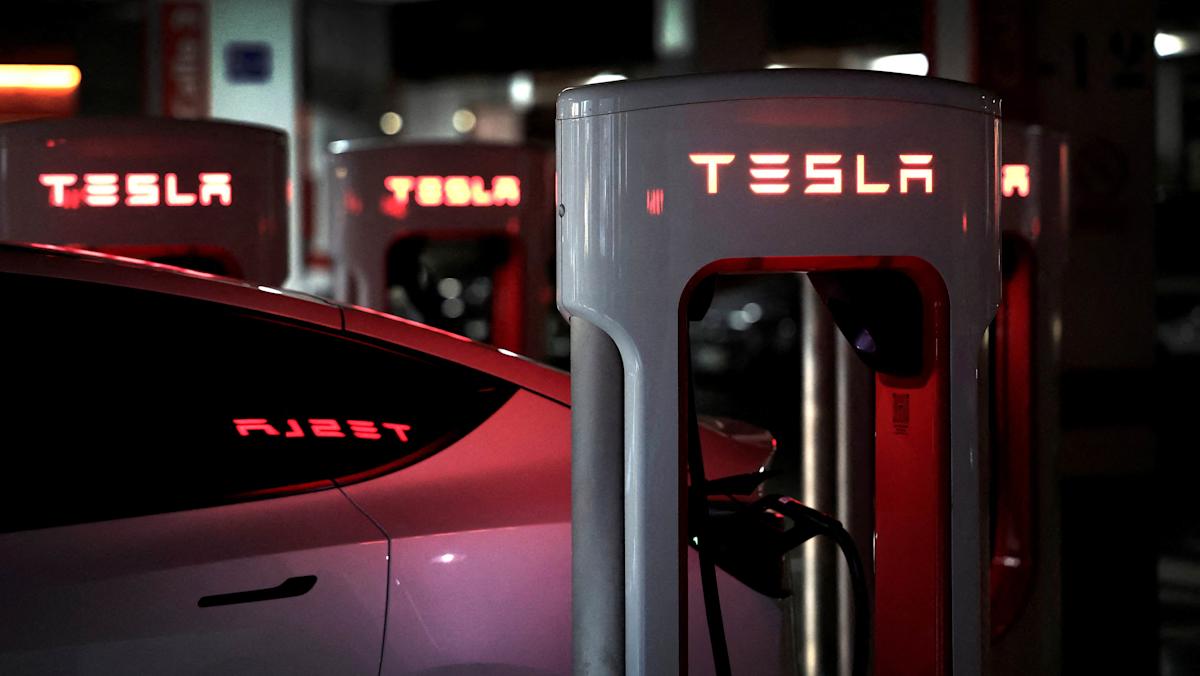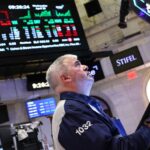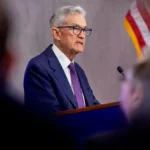Tesla, the prominent U.S. electric car manufacturer, experienced a sharp decline in its European sales in April. This downturn highlights growing challenges for the company in the region. Several factors contribute to this trend. These include impacts on its brand reputation and intensifying market competition.
Steep Sales Drop Amidst a Growing EV Market
In April, Tesla sold 7,261 vehicles in Europe. This figure represents a staggering 49% decrease compared to the same month last year. These statistics come from the European Automobile Manufacturers’ Association (ACEA). Worryingly for Tesla, this sales plunge occurred even as the overall European market for battery electric cars (BEVs) expanded. BEV sales actually rose by 34.1% year-on-year in April.
This indicates Tesla is losing ground in a growing sector. The negative trend for Tesla was also evident over the January to April period. During these first four months, Tesla sales dropped by nearly 40% year-on-year.
Brand Reputation Challenges Impacting Sales
Tesla’s brand value and public image have faced difficulties since 2024. Much of this is linked to the public statements and political activities of its CEO, Elon Musk. His sometimes incendiary rhetoric has drawn criticism.
Specific incidents have reportedly affected perceptions in Europe. In Germany, Musk formally endorsed the far-right AfD party. This occurred ahead of the country’s parliamentary election stated as earlier in the year relative to the report. Furthermore, Tesla has experienced clashes with influential labor groups in Scandinavian countries. These disputes have generated negative publicity.
Actions in the U.S. have also had repercussions in Europe. Reports indicated Musk spent nearly $300 million to support the re-election of U.S. President Donald Trump. He also reportedly led an initiative for the Trump administration aimed at significantly reducing federal agencies. These activities led to protests. Demonstrations erupted at Tesla dealerships across various European countries.
Rising Competition from Diverse Automakers
Tesla is no longer the undisputed frontrunner in the EV space. The company is battling increasingly strong competition. Traditional automakers are rapidly expanding their electric vehicle offerings. They bring established manufacturing capabilities and brand loyalty.
Simultaneously, aggressive Chinese EV manufacturers are making significant inroads into the European market. These companies often offer technologically advanced vehicles at competitive price points. Recent separate data highlighted this shift. Chinese auto giant BYD reportedly sold more pure electric cars in Europe than Tesla for the first time last week, signaling a major competitive challenge.
An Aging Product Lineup and Shifting Consumer Preferences
While Tesla launched an upgraded version of its popular Model Y SUV this year, its overall vehicle lineup is perceived as aging. Crucially, the company has not unveiled any new mass-market offerings to inject fresh excitement or cater to broader segments.
At the same time, European consumer preferences show a notable trend. There is a growing inclination towards hybrid electric vehicles (HEVs). These cars feature a small battery for electric-only driving over short distances but primarily run on traditional fuel for longer journeys. ACEA data reveals that HEVs now account for just over 35% of the total European car market. This is a substantial segment where Tesla currently does not compete. Tesla’s strategy remains focused solely on full battery-powered vehicles, with no hybrid options available.
Investor Concerns Over Leadership Focus
Investors have also raised questions regarding Elon Musk’s dedication to Tesla. These concerns stem from the significant time he reportedly spends advising President Donald Trump. His leadership role in the “Department of Government Efficiency” (DOGE) has also been noted. On a recent Tesla earnings call, Musk stated that his time commitment to DOGE would decrease significantly by the end of May.
However, he also indicated plans to continue dedicating approximately “a day or two per week” to government-related work. This continues to fuel debate about his primary focus.








